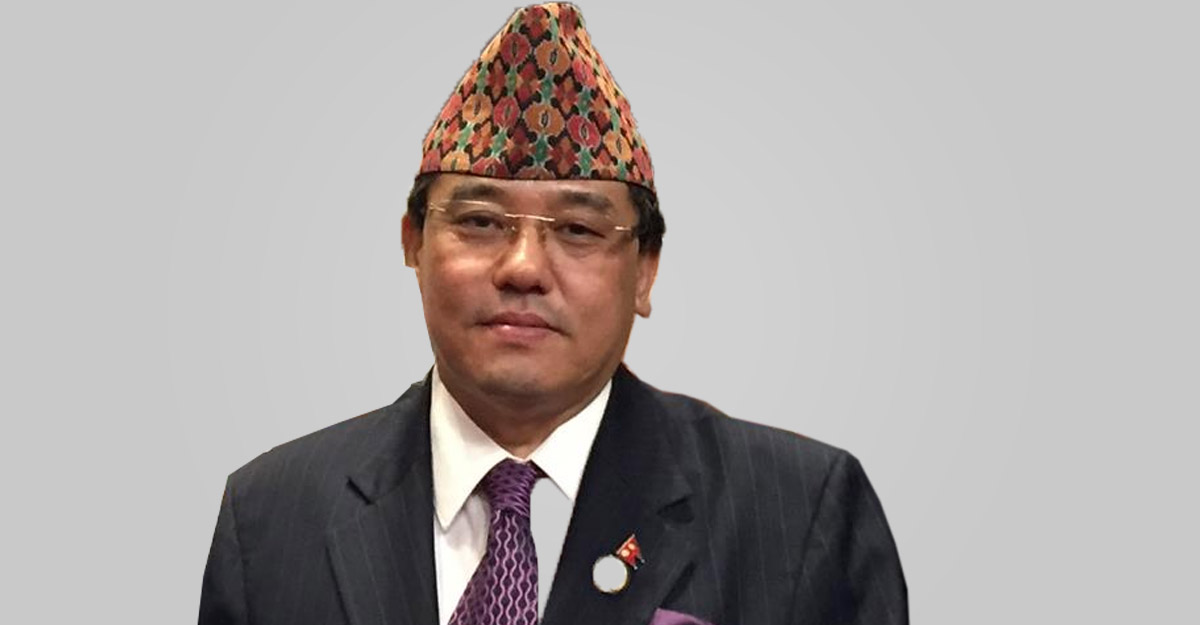The Special Court has sentenced promoter of Civil Savings and Credit Cooperative Limited Ichchha Raj Tamang to three years in prison and also fined him over Rs 1.72 billion for money laundering.
A bench of Special Court Chairman Tek Narayan Kunwar and members Tej Narayan Singh Rai and Murari Babu Shrestha announced the quantum of punishment for Tamang on Sunday.
The court’s deputy registrar and spokesperson Dhan Bahadur Karki said that the bench jailed Tamang for three years and fined him more than Rs 1.72 billion according to Section 30 (1) of the Asset (Money) Laundering Prevention Act, 2008.
The court sentenced his wife Sirjana Shakya Tamang to one and a half years in prison and fined her Rs 1.03 billion.
Similarly, it slapped a jail sentence of one and a half years and a fine of Rs 256.59 million on Keshav Lal Shrestha.
According to Karki, the court has ordered confiscation of assets registered in the names of Tamang and his wife Sirjana, Keshav Lal, Mina Shrestha, Pratiksha Tamang and Pratistha Tamang.
The Special Court had convicted Tamang of money laundering on January 21.
The Department of Money Laundering Investigation (DMLI) had filed a case against Tamang at the Special Court after conducting an investigation against him. It had sought Rs 3.32 billion in claims from Tamang, as well as confiscation of a plot of land and shares in 69 different companies in Tamang’s name.
The DMLI had also sought Rs 1.03 billion in claims from his wife Sirjana along with confiscation of one vehicle and plots of land at different places acquired through illegal means in her name.
The Central Investigation Bureau (CIB) of Nepal Police had conducted investigation after a complaint of fraud was lodged against Tamang. The Bureau had then produced him before the Kathmandu District Court charging him with committing fraud amounting to Rs 5.66 billion.
The DMLI had also opened investigation against Tamang deeming he was also involved in money laundering. The department said that the Tamangs had committed money laundering by hiding illegal sources of their property and by transferring and transforming the property.

